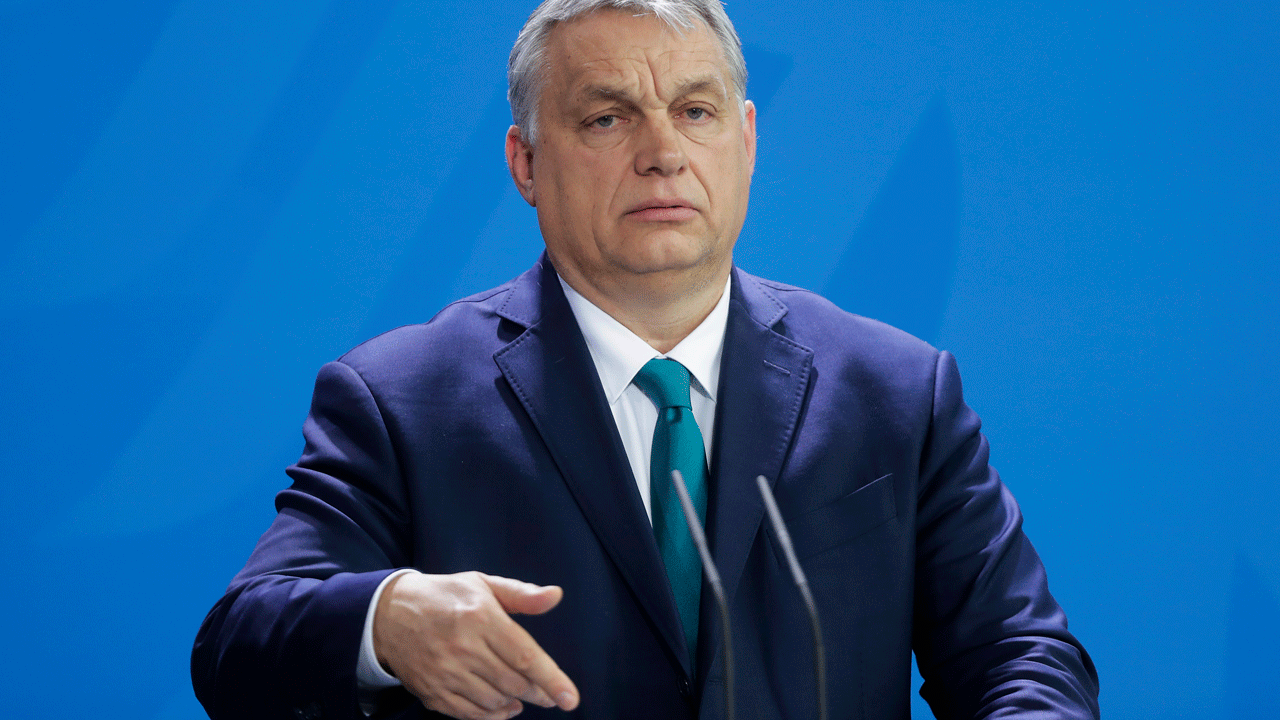Hungary stands as the final hurdle in Sweden’s quest to join the North Atlantic Treaty Organization (NATO), a spotlight intensified by Turkey’s recent ratification of Sweden’s bid. The Central European nation, under the leadership of conservative populist Prime Minister Viktor Orbán and his Fidesz party, faces international scrutiny and the urging of Western partners to advance Sweden’s application. Orbán’s past assurances that Hungary would not be the last to ratify have been challenged, leading to widespread speculation about when Budapest will align with Ankara’s decision.
Orbán asserts his government’s support for Sweden’s NATO inclusion despite resistance from Fidesz lawmakers criticizing Swedish politicians for their alleged misrepresentations of Hungary’s democratic state. Critics, however, dispute the existence of such internal party divisions, suggesting Orbán’s unilateral influence over Hungary’s NATO stance. Unlike Turkey, which set specific preconditions for Sweden’s membership, Hungary has not articulated precise demands, hinting only at a desire for more respect from Stockholm.
Efforts by Hungary’s opposition parties to prompt a parliamentary vote on the matter have yet to be thwarted by Fidesz’s parliamentary majority. Agnes Vadai, an opposition figure, emphasizes the personal nature of Orbán’s resistance, attributing it to a desire to assert his international influence rather than any political or strategic rationale. This perspective is echoed by analysts who view Orbán’s recent outreach to Swedish Prime Minister Ulf Kristersson as a confirmation of his central role in the decision-making process despite the absence of explicit conditions for Sweden’s NATO accession.
The delay in Hungary’s ratification and Orbán’s rapport with Russian President Vladimir Putin has caused frustration among NATO allies, especially given the strategic importance of expanding the alliance in the context of the Ukrainian conflict. Concerns are growing that Orbán’s stance may isolate Hungary within the international community and strain its relationships with Western partners.
As the situation unfolds, the international community watches closely, waiting for Hungary to make its move. The resolution of this issue will not only affect Sweden’s security and NATO’s expansion but also reflect on Hungary’s diplomatic posture and Orbán’s leadership on the global stage.







